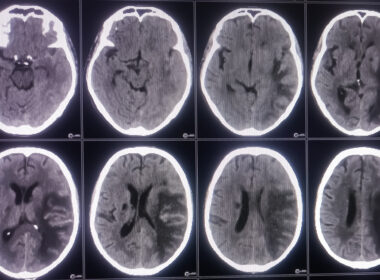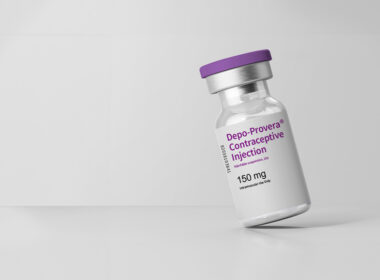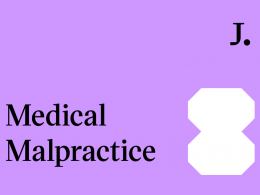
The World Health Organization has identified that mental health is the number one global ill-health and disability in the world.
According to the National Alliance on Mental Illness, 1 in 5 Americans are at risk of developing a mental illness in their lifetime. Yet unfortunately, many go undiagnosed, untreated, and ignored. Mental disorders are just as real as physical illnesses and it is imperative that any type of illness is dealt with early.
The real problem is, mental health disorders can be difficult to diagnose because symptoms can overlap, or vary greatly from one patient to another. This explains why misdiagnosis in mental health is so common.
This article discusses everything you should know about mental health misdiagnosis; what it is, its common causes, average lawsuit payout, and how to tackle psychological misdiagnosis cases in the US.
Let’s get to it…
What is mental health misdiagnosis?
Mental illness misdiagnosis occurs when a person receives a mental health diagnosis they don’t really have. This can happen during an initial evaluation by a psychiatrist or during follow-up treatment.
For example, a patient may be diagnosed with depression, but then a different psychiatric disorder (like anxiety) is discovered upon further evaluation by another doctor or therapist. psychiatric misdiagnosis can also happen when no psychiatric disorders are found at all, but rather other medical issues like hormone imbalances, nutritional deficiencies, and chronic infections.
Diagnosing someone with the wrong disorder can lead to ineffective treatments and even worsen the symptoms of the disorder.
A report from the National Library of Medicine found a high prevalence of medical misdiagnosis in the US. An assessment of 840 primary care patients revealed the following shocking results:
- Misdiagnosis rates for major depressive disorders were at 65.9%,
- Misdiagnosis for Bipolar disorders was at 92.7 percent,
- Panic disorder was at 85.8%, generalized anxiety disorder was 71.0 percent, and
- Social anxiety disorder was 97.8%.
Common Causes of misdiagnosis in psychiatry

Mental illness misdiagnosis can happen for a number of reasons. One of these reasons is the lack of expert education among medical professionals about mental illnesses.
Another common cause of mental health misdiagnosis is the fact that people are not as open about their mental health as they should be – the reason why they’re not able to get help when they need it.
Many other factors contribute to misdiagnoses; one such factor is the DSM-5, which has been criticized for not being able to diagnose every type of mental disorder, and also for being too vague in some aspects.
Average Payout for mental health misdiagnosis lawsuits
The most common type of mental health misdiagnosis lawsuit is based on a misdiagnosis in psychiatry. If your doctor, psychotherapist, or other health care provider failed to diagnose you properly and you develop a physical illness as a result, then you may be eligible for compensation.
On average, individuals have received between $250,000 and $2 million dollars in these types of lawsuits.
Do you have a mental health misdiagnosis case?
When considering a lawsuit over the misdiagnosis of mental health disorders, it can be helpful to prove that it’s not just a case of medical misdiagnosis but medical malpractice.
The following cases can be considered malpractice – cases where psychiatrists (or psychologists) are negligent in:
- Performing a psychological evaluation,
- Diagnosing a patient, or
- Providing care not prescribed by a doctor—whether negligently or intentionally.
How can you prove a mental health misdiagnosis case in court?
The burden of proof for any type of negligence case is beyond a reasonable doubt.
This means that you must show through your evidence and testimony that the damages you’ve incurred are directly related to your doctor’s medical misdiagnosis. This can be difficult when working with issues like misdiagnosis of mental disorders because it is often very subjective and falls under many different psychiatric fields.
Final thoughts
According to a 2000 study, psychiatrists were correct when diagnosing major mental health disorders only about 70% of the time. This means that 30% of patients were misdiagnosed; while they thought they had a disorder like schizophrenia or bipolar disorder, instead they just had anxiety or depression. As more data on misdiagnosis mental illness becomes available, we can expect a lot more lawsuits.
Please reach out to your attorney, once you become aware that you’ve been a victim of any form of medical malpractice.
Don’t have an attorney yet? Let’s help you find the most competent attorney for your case. Get to us today!












